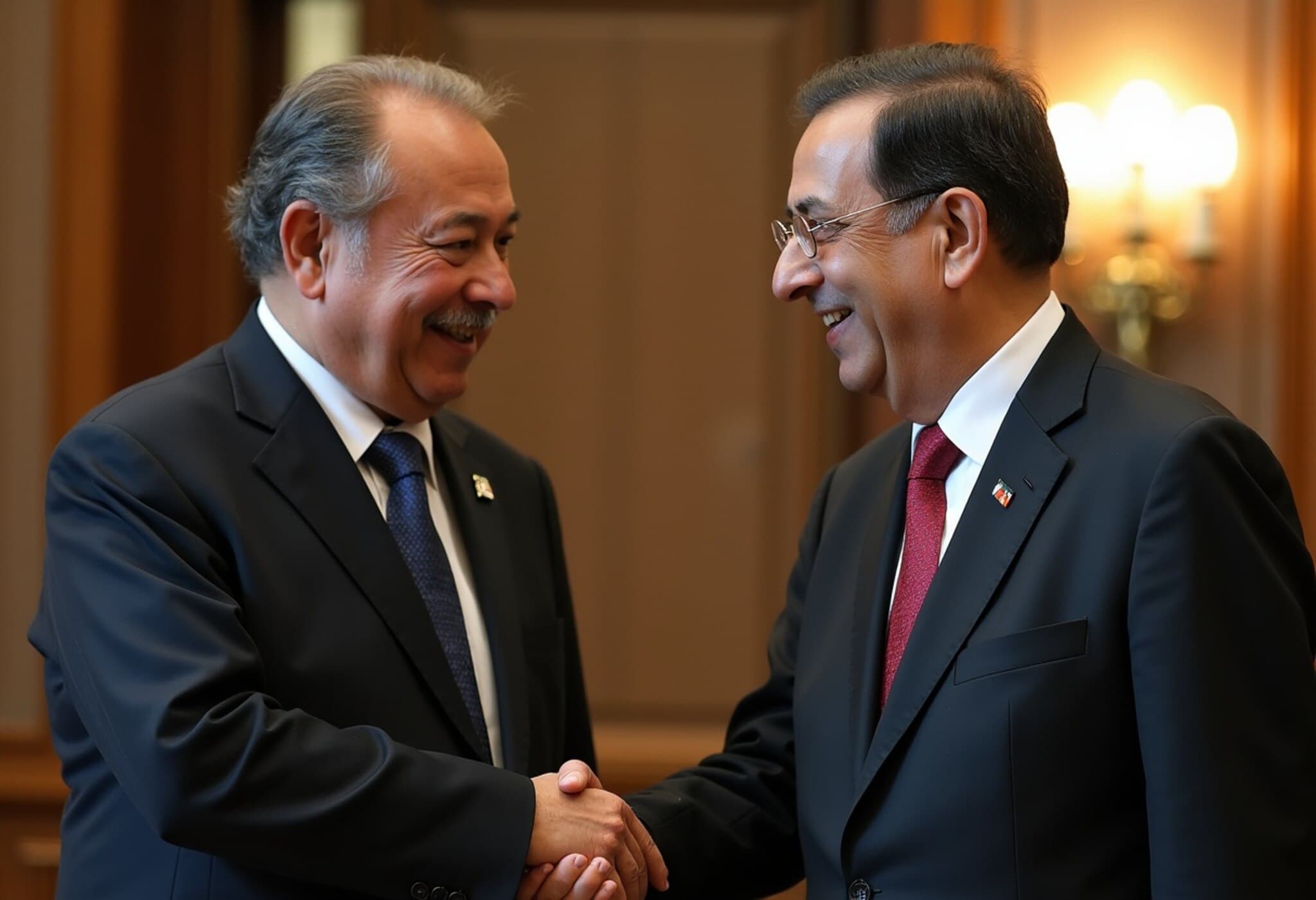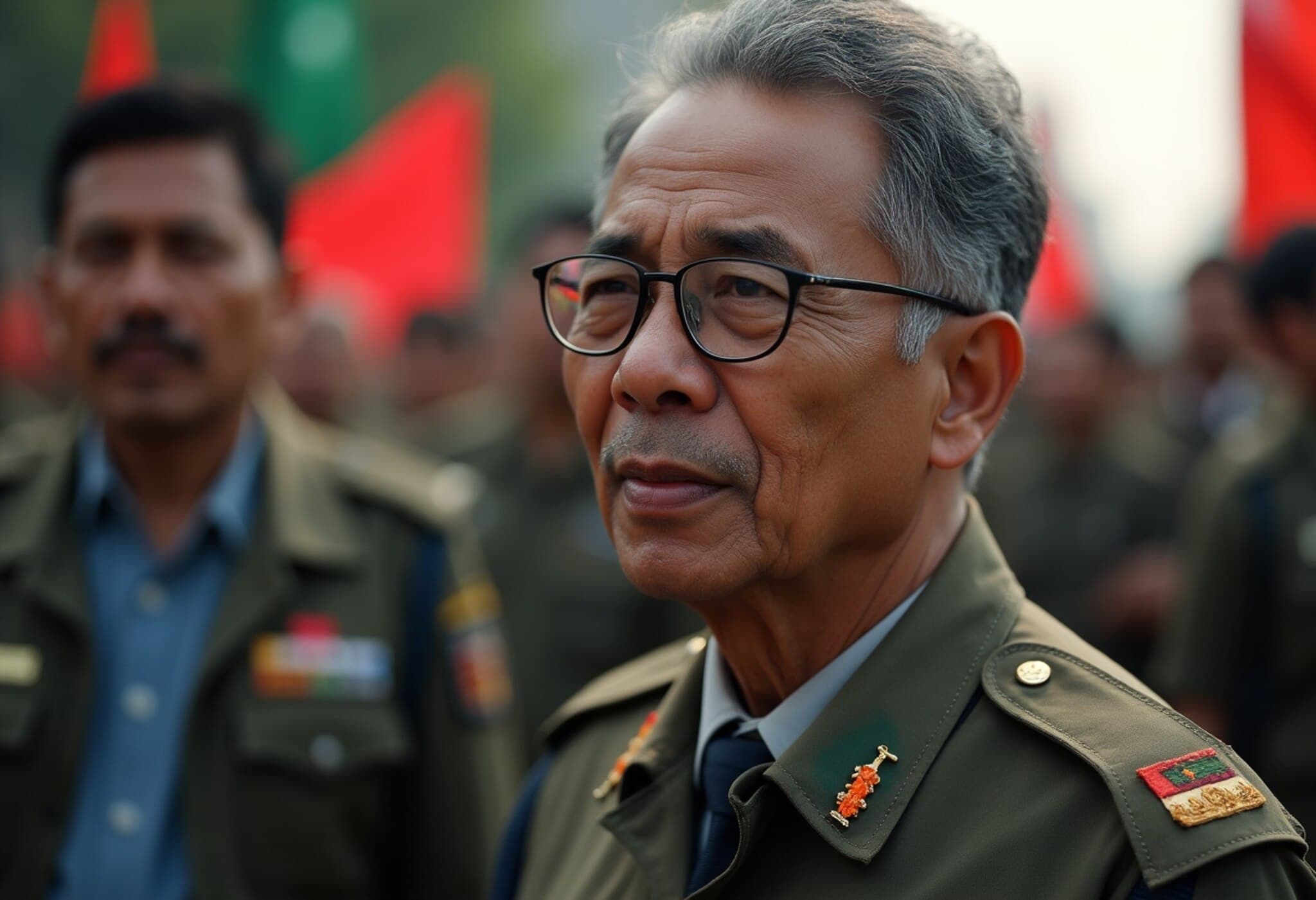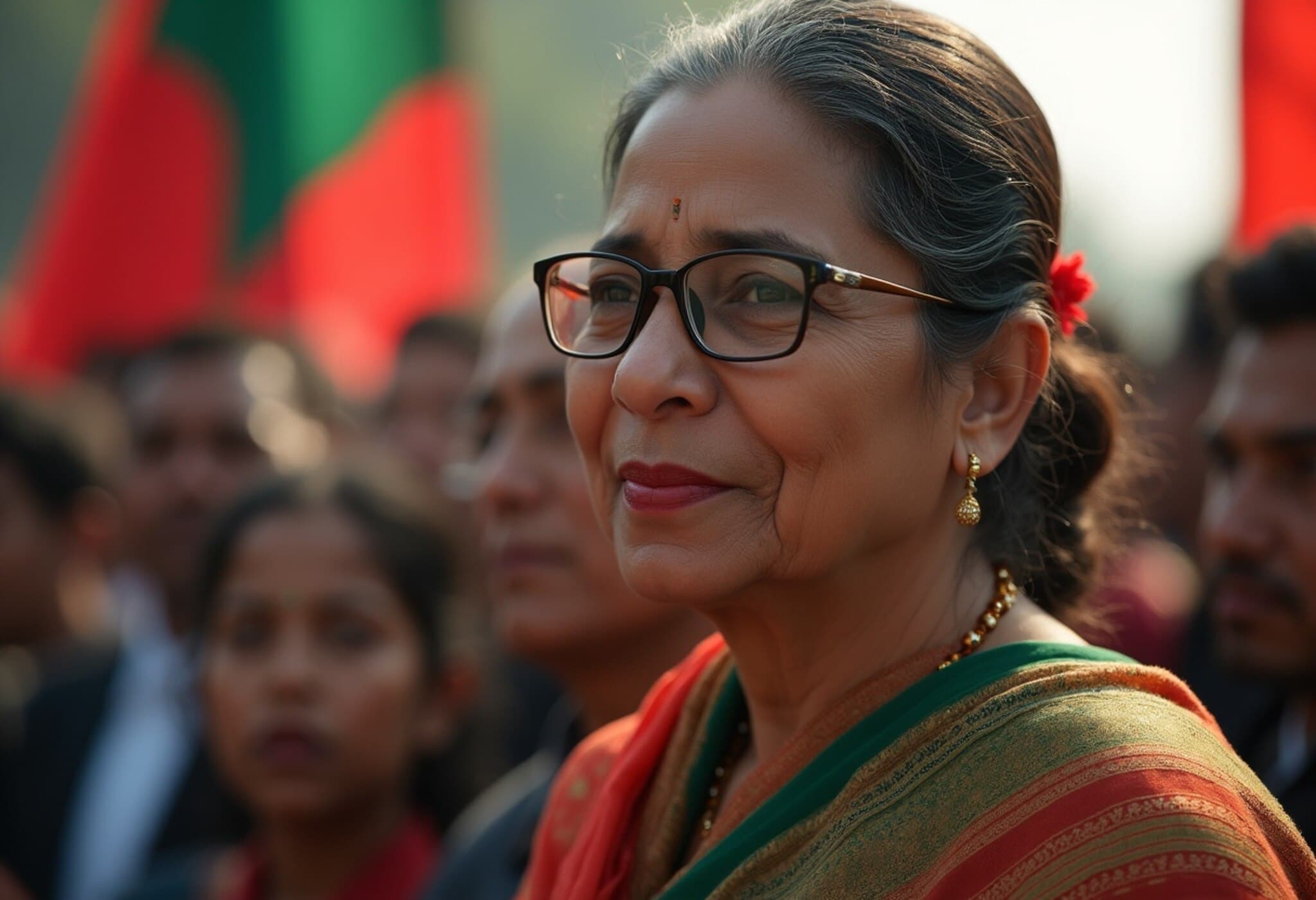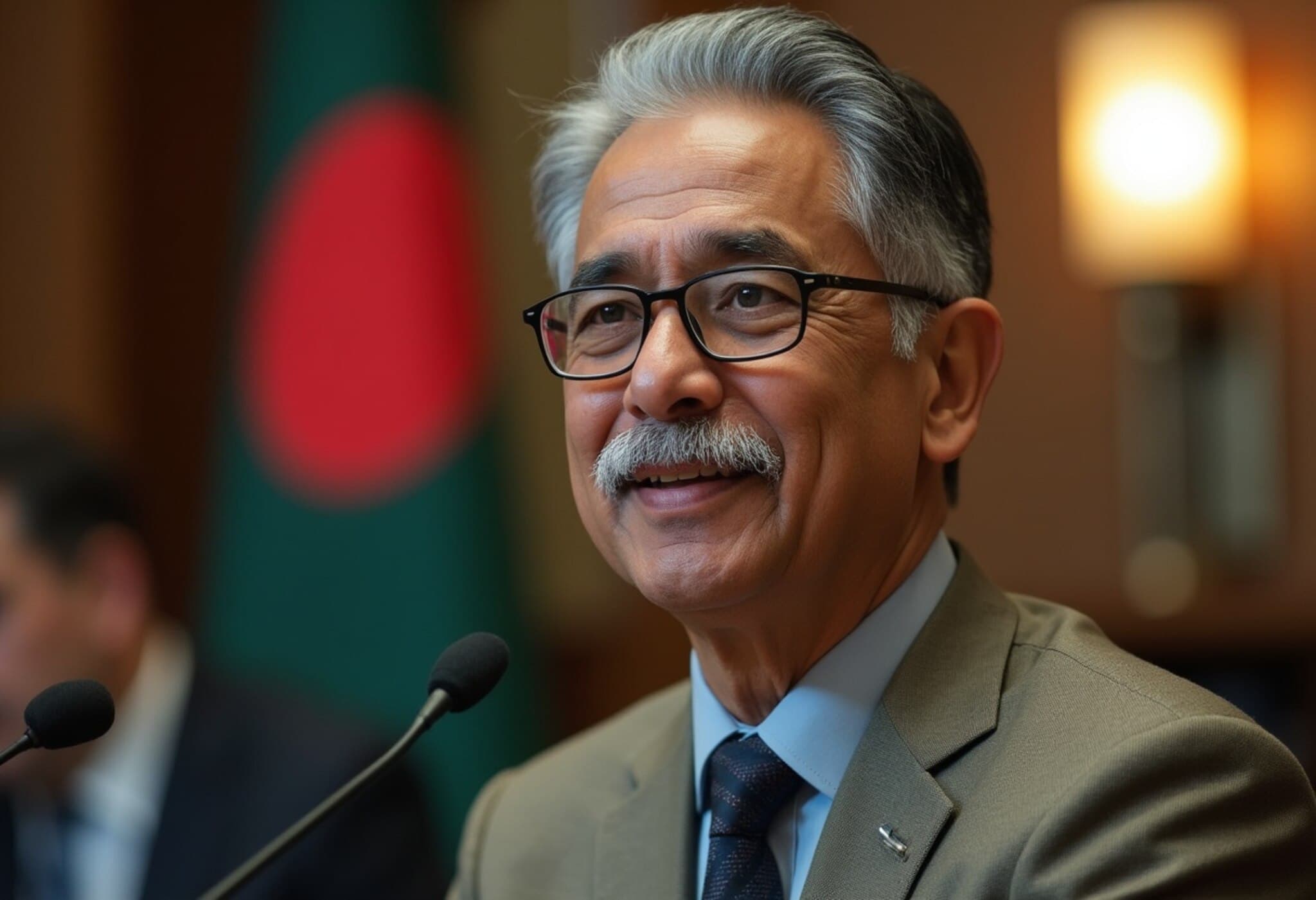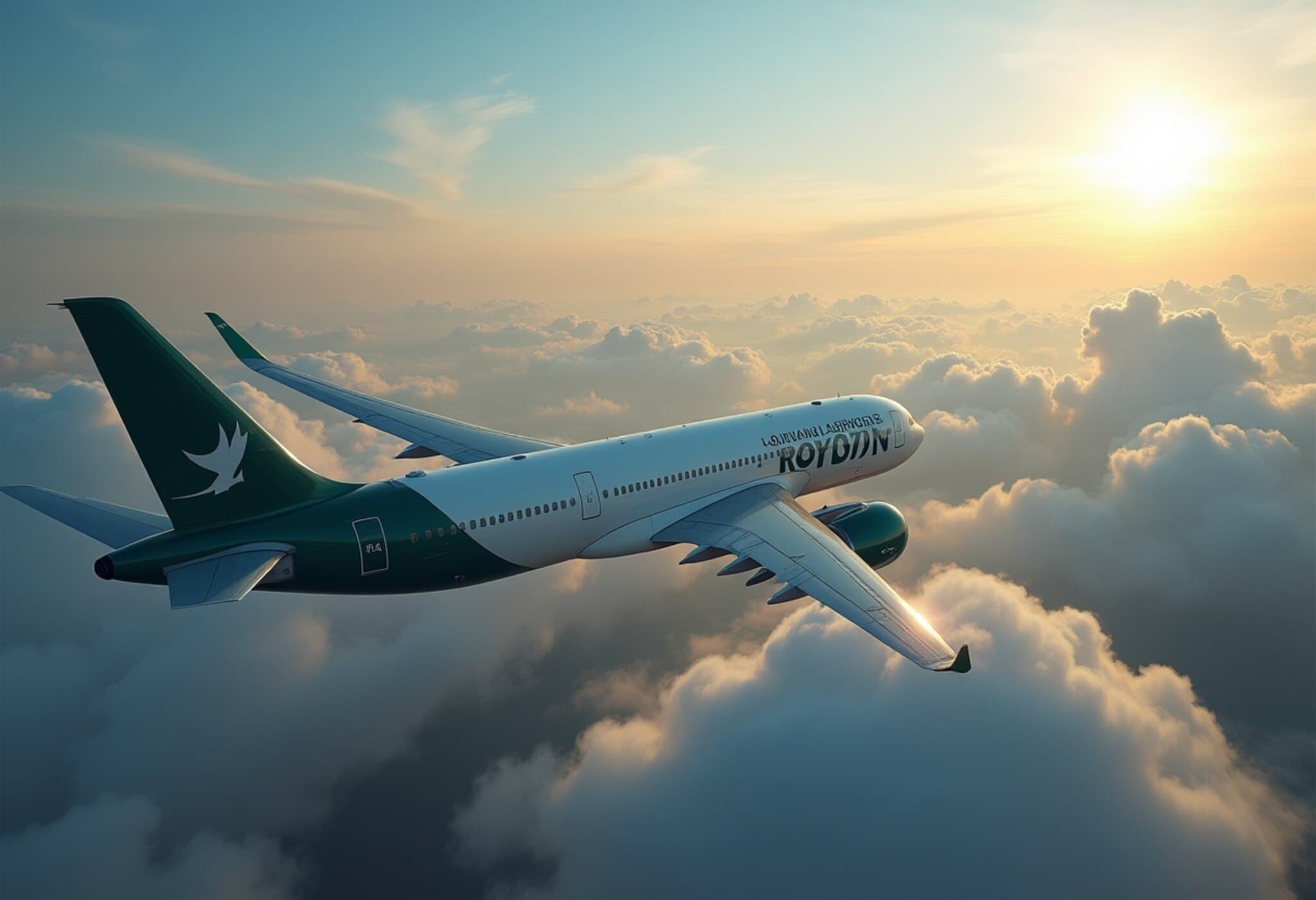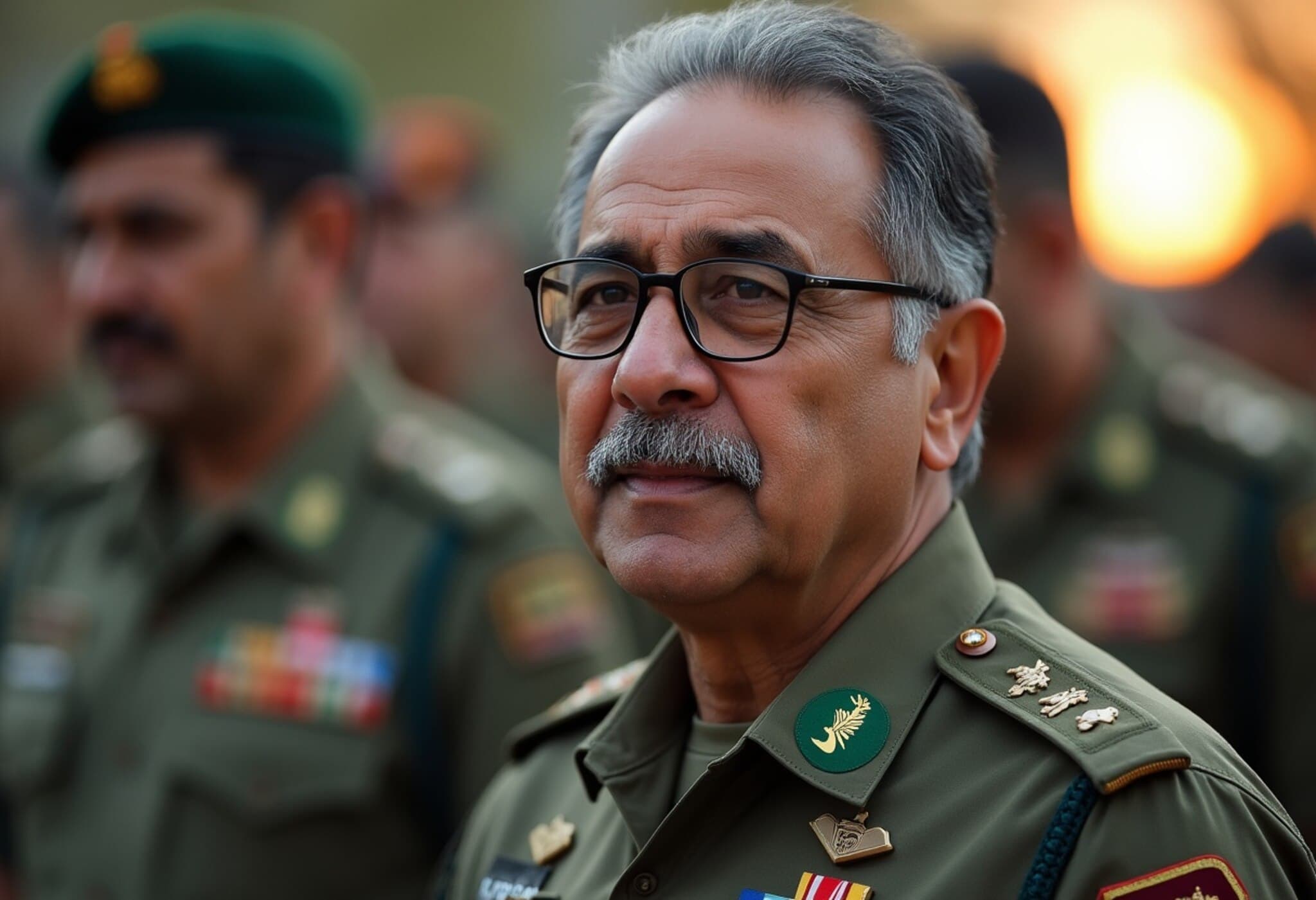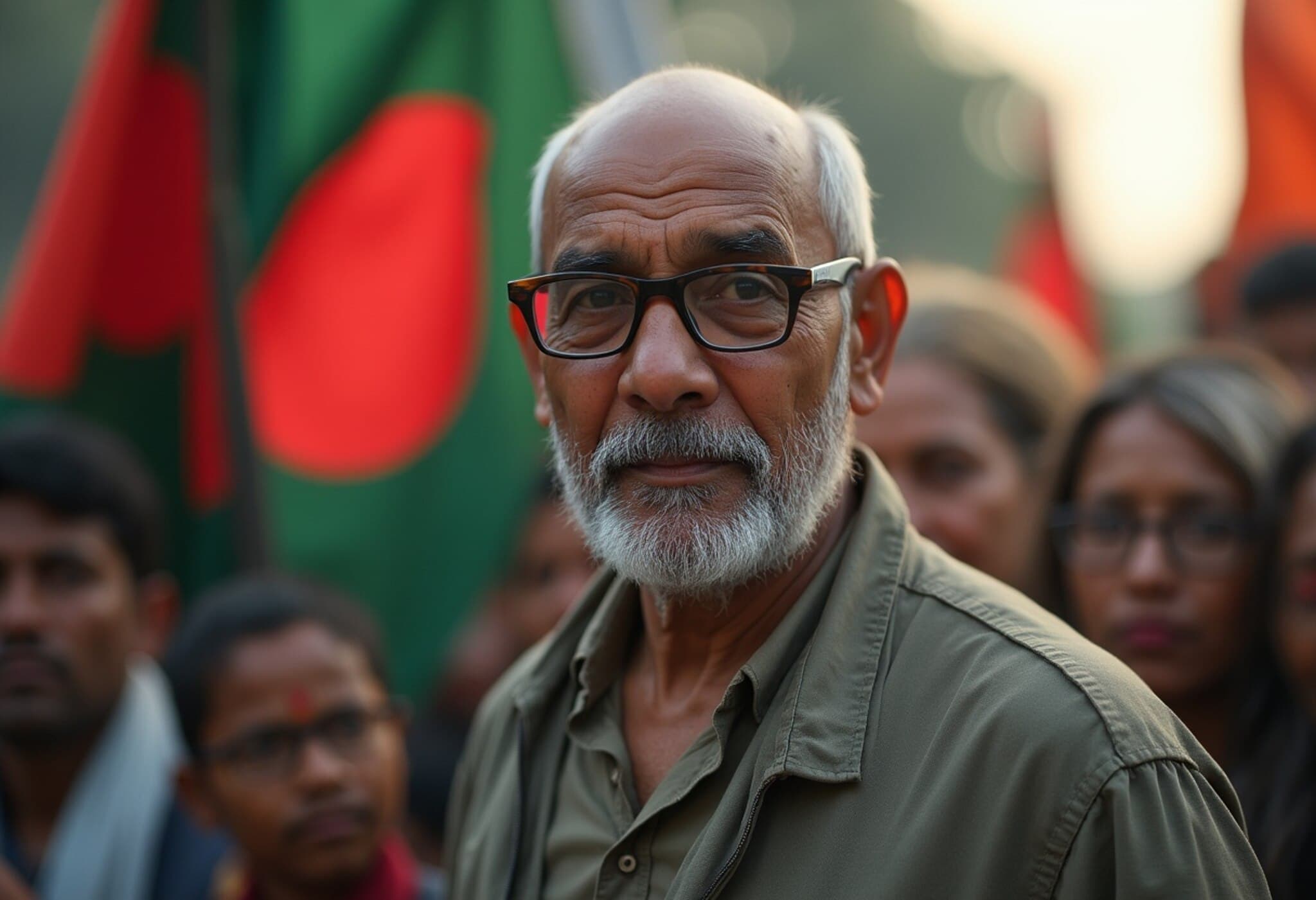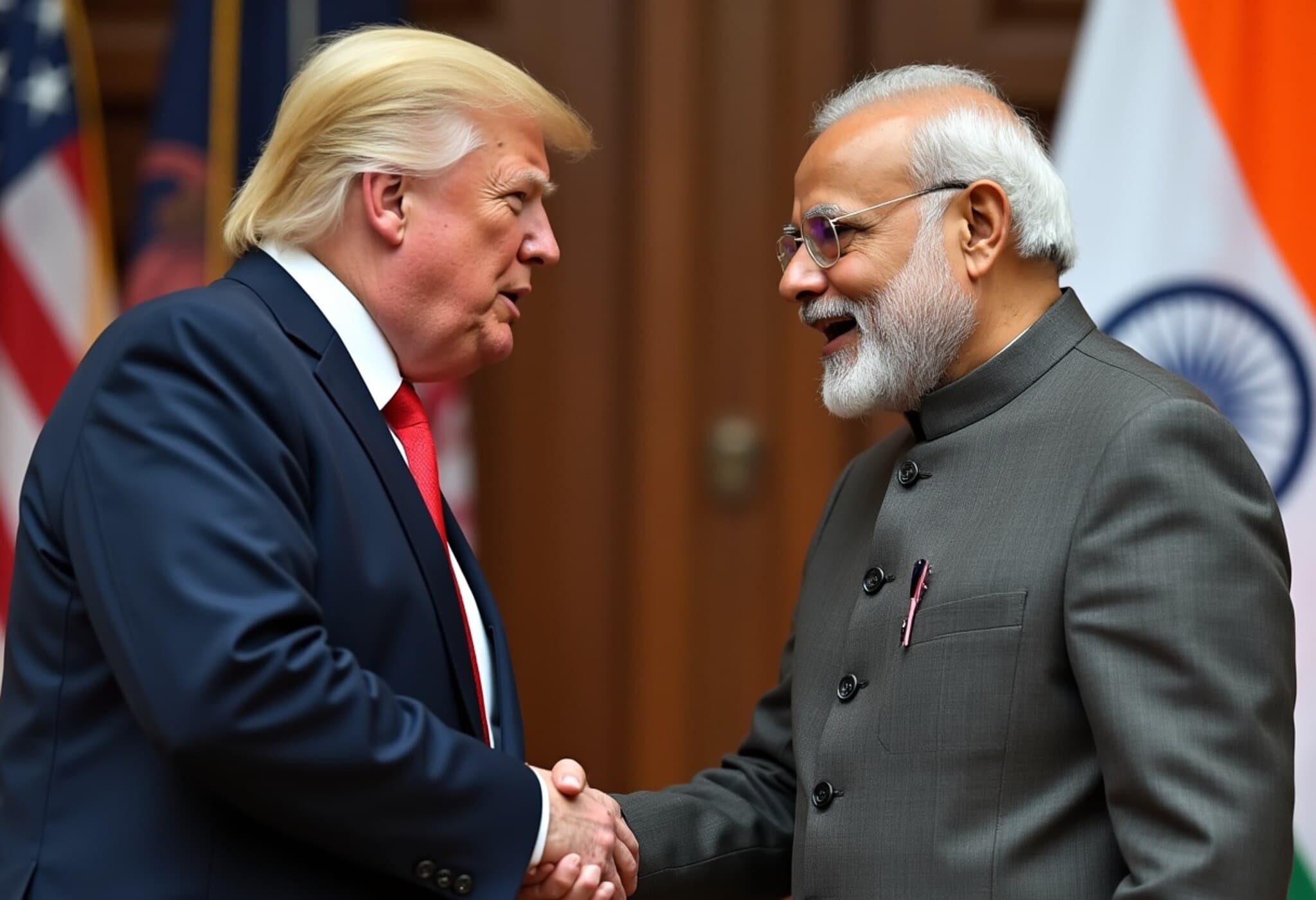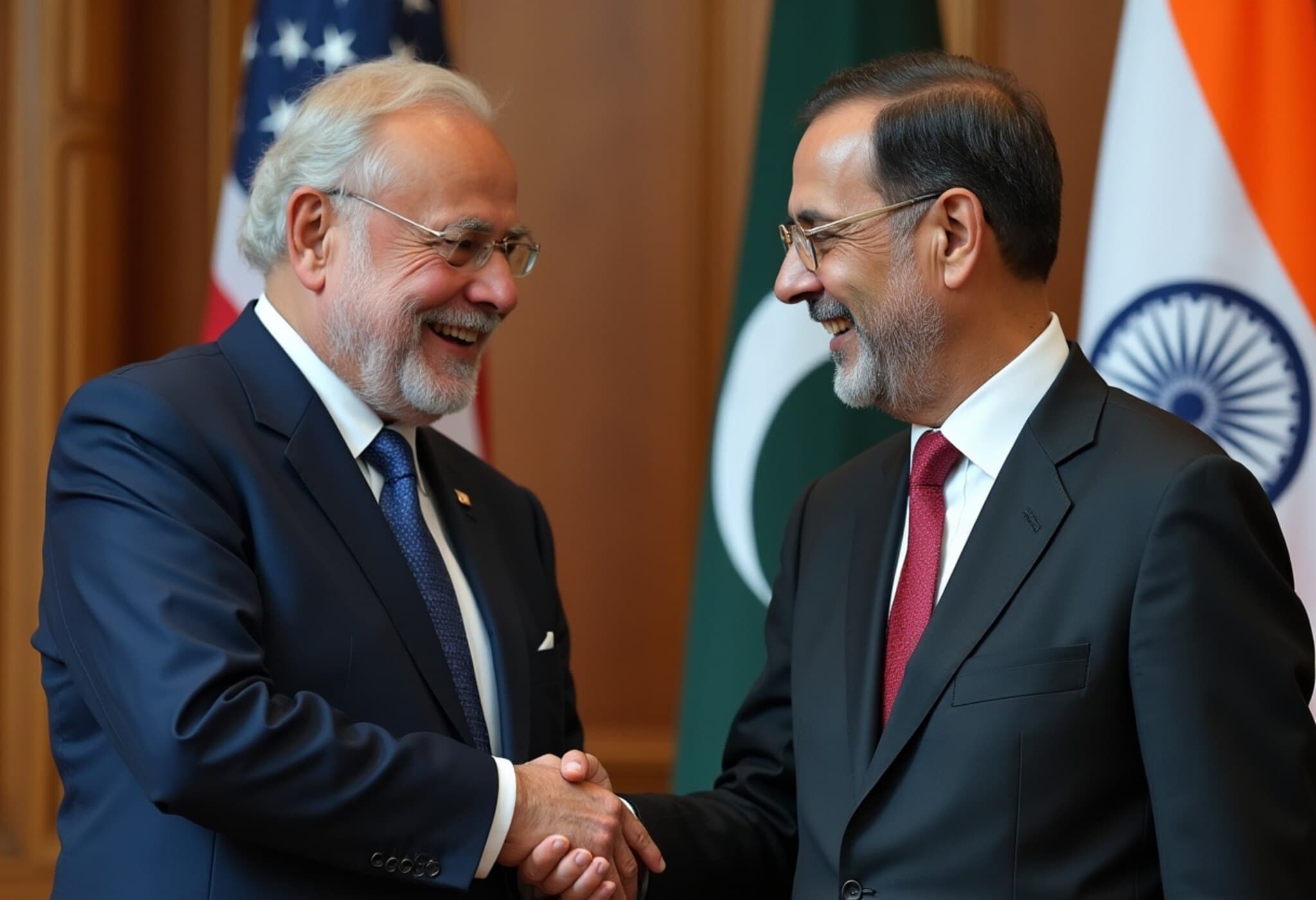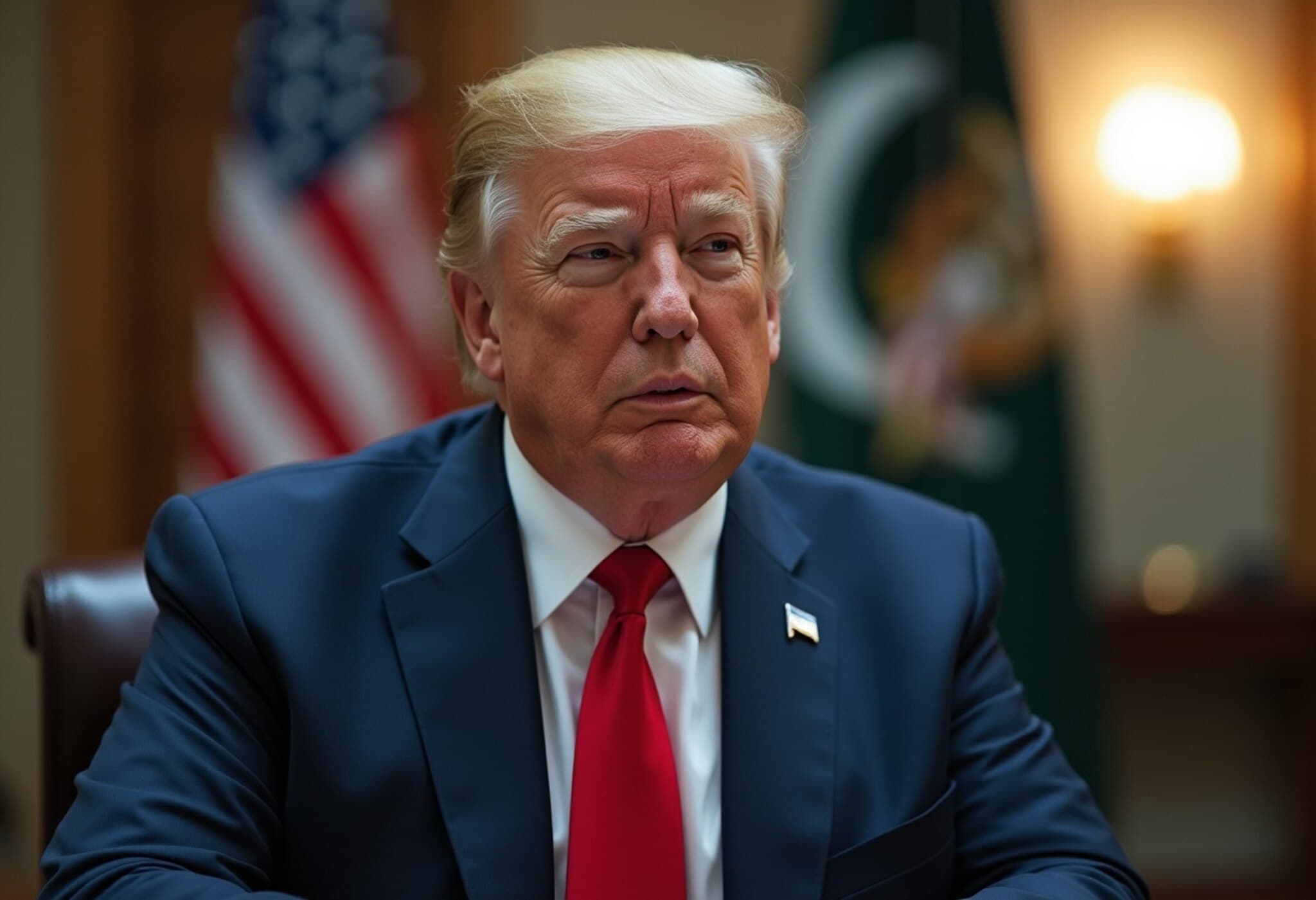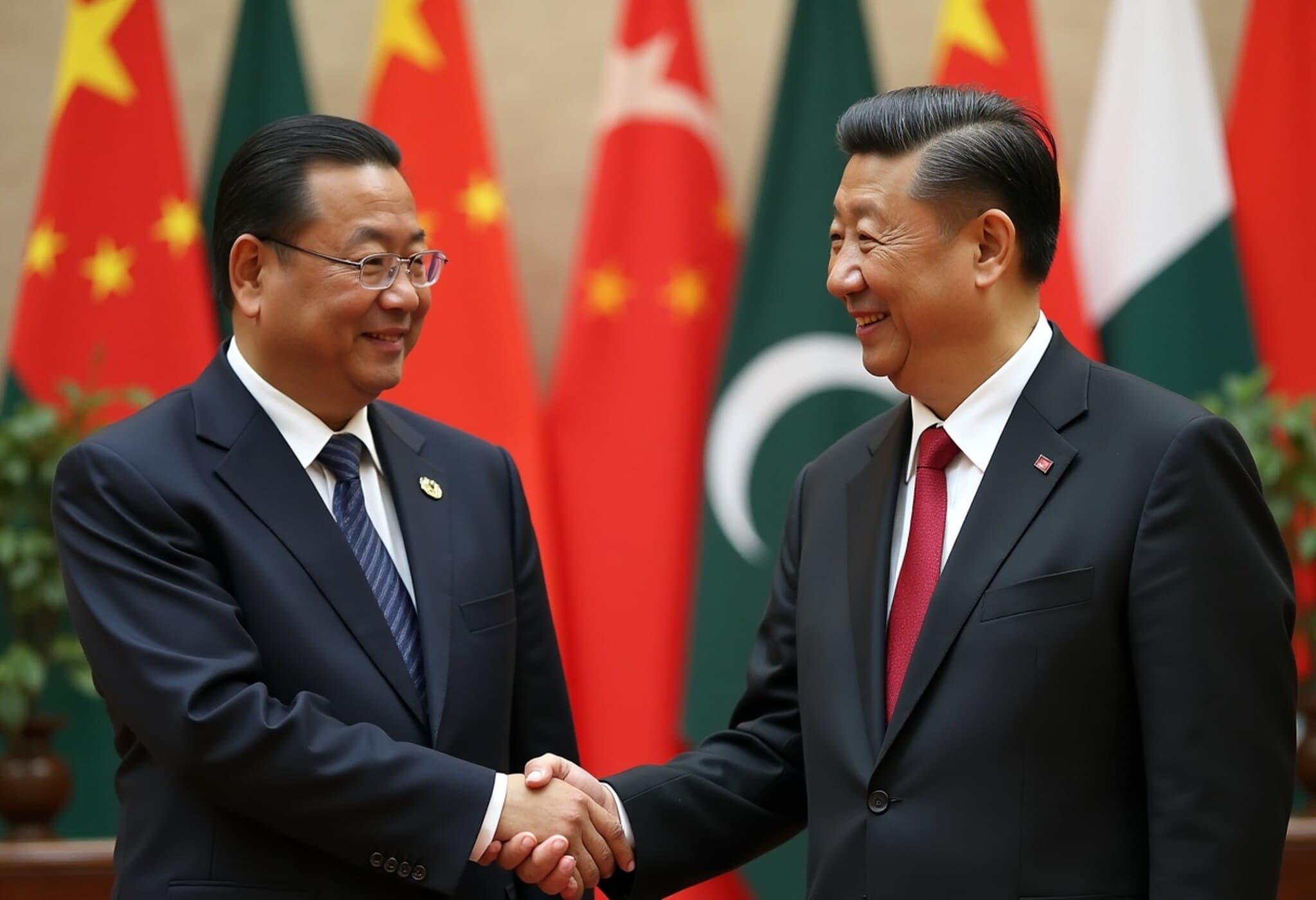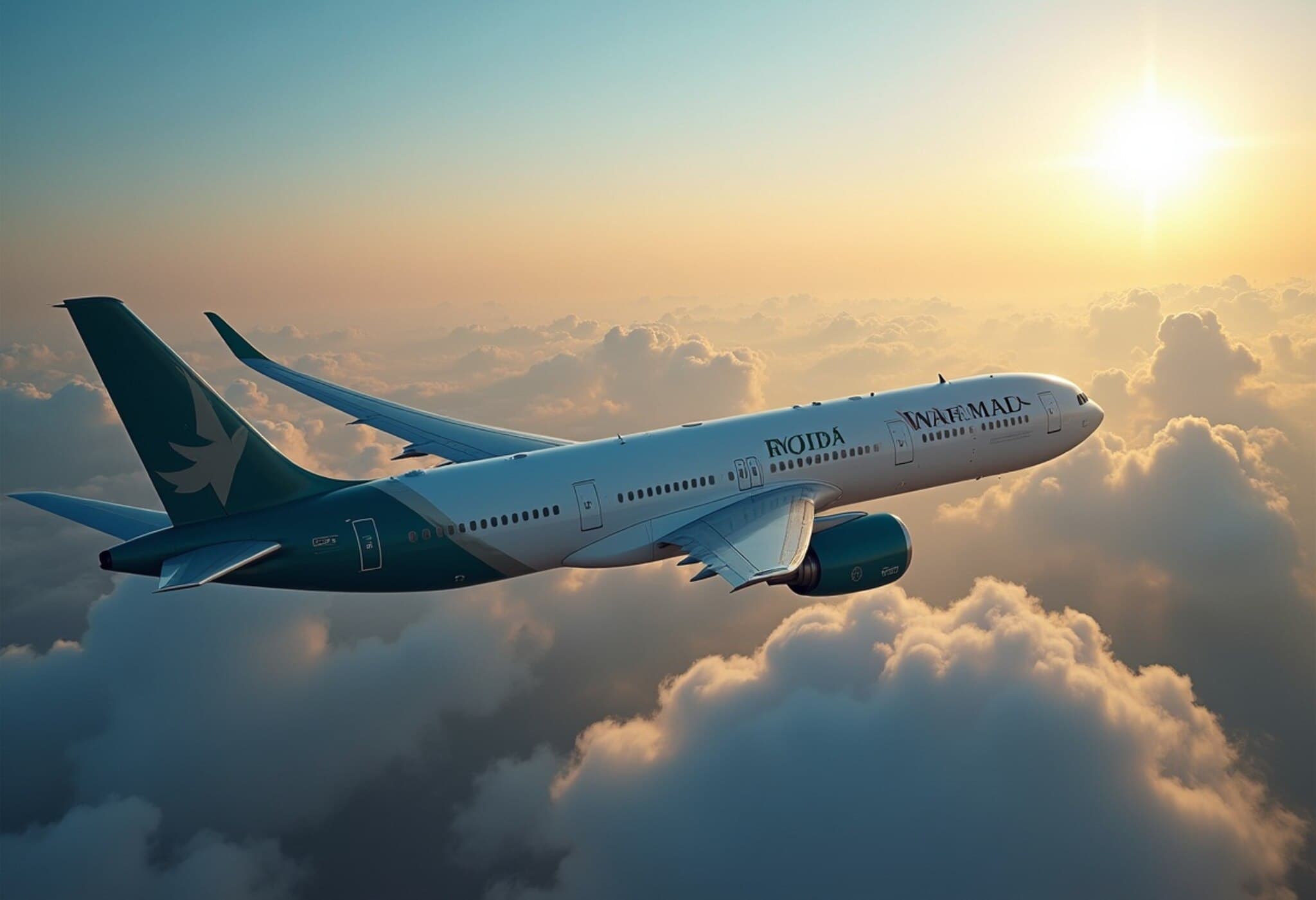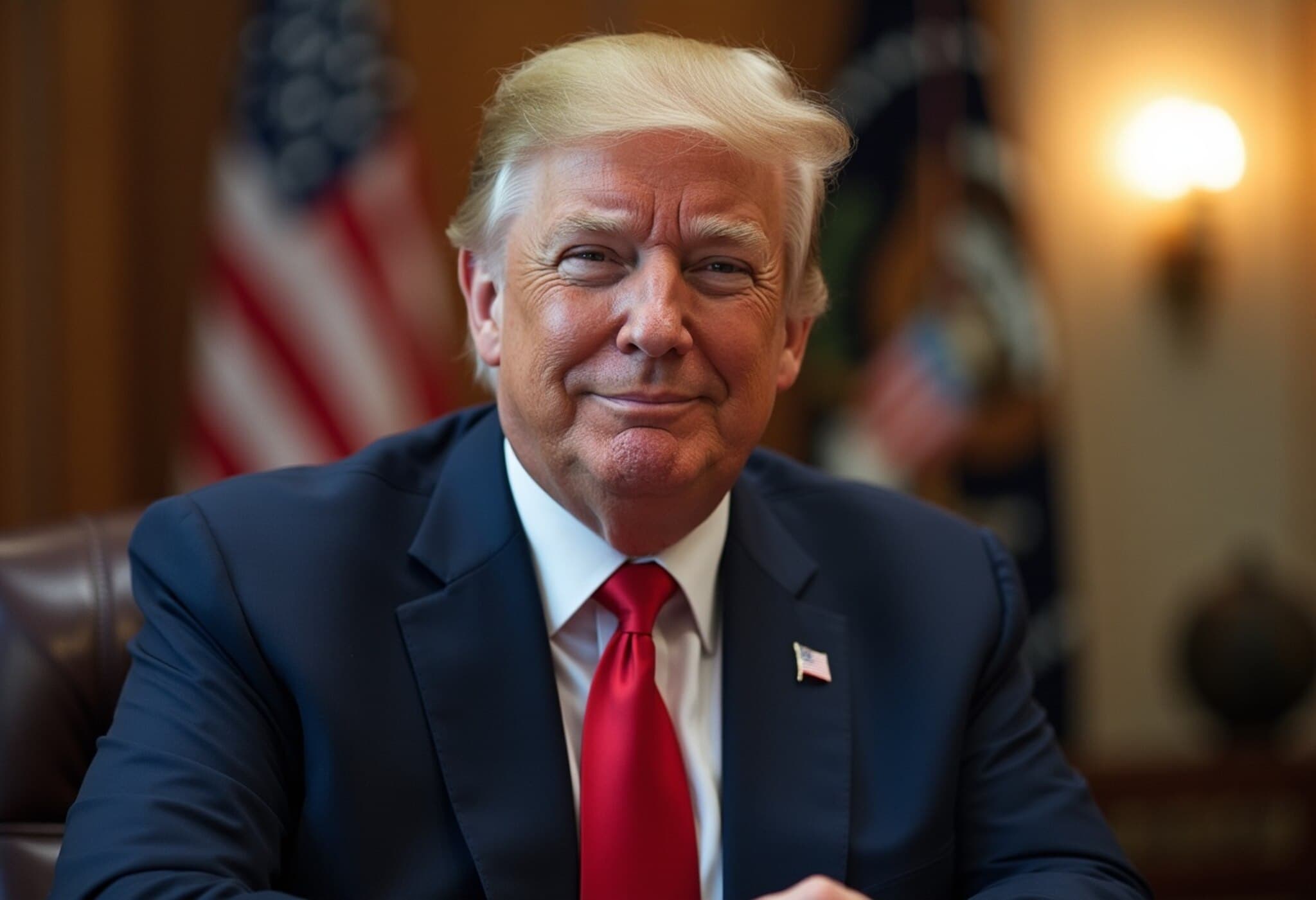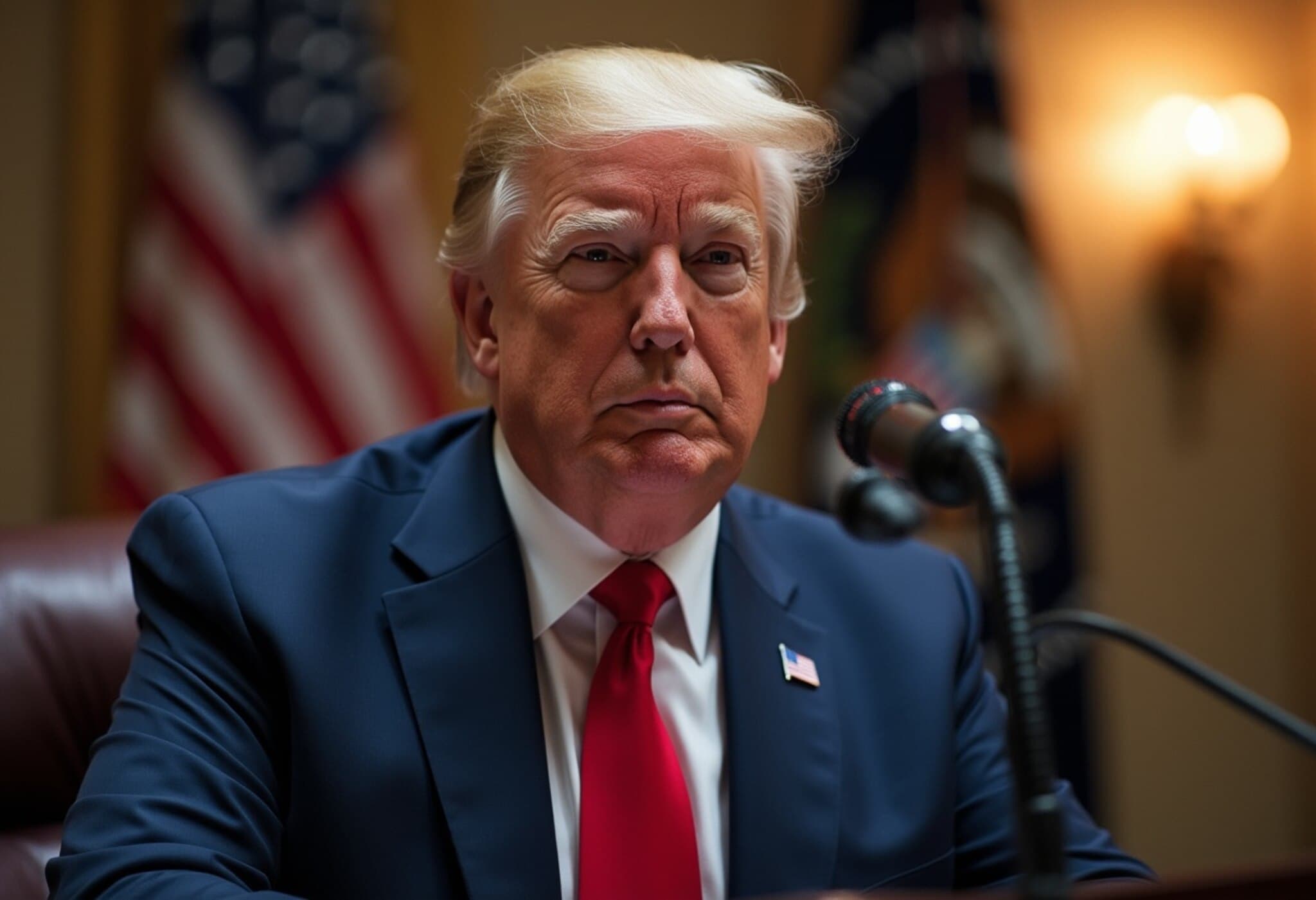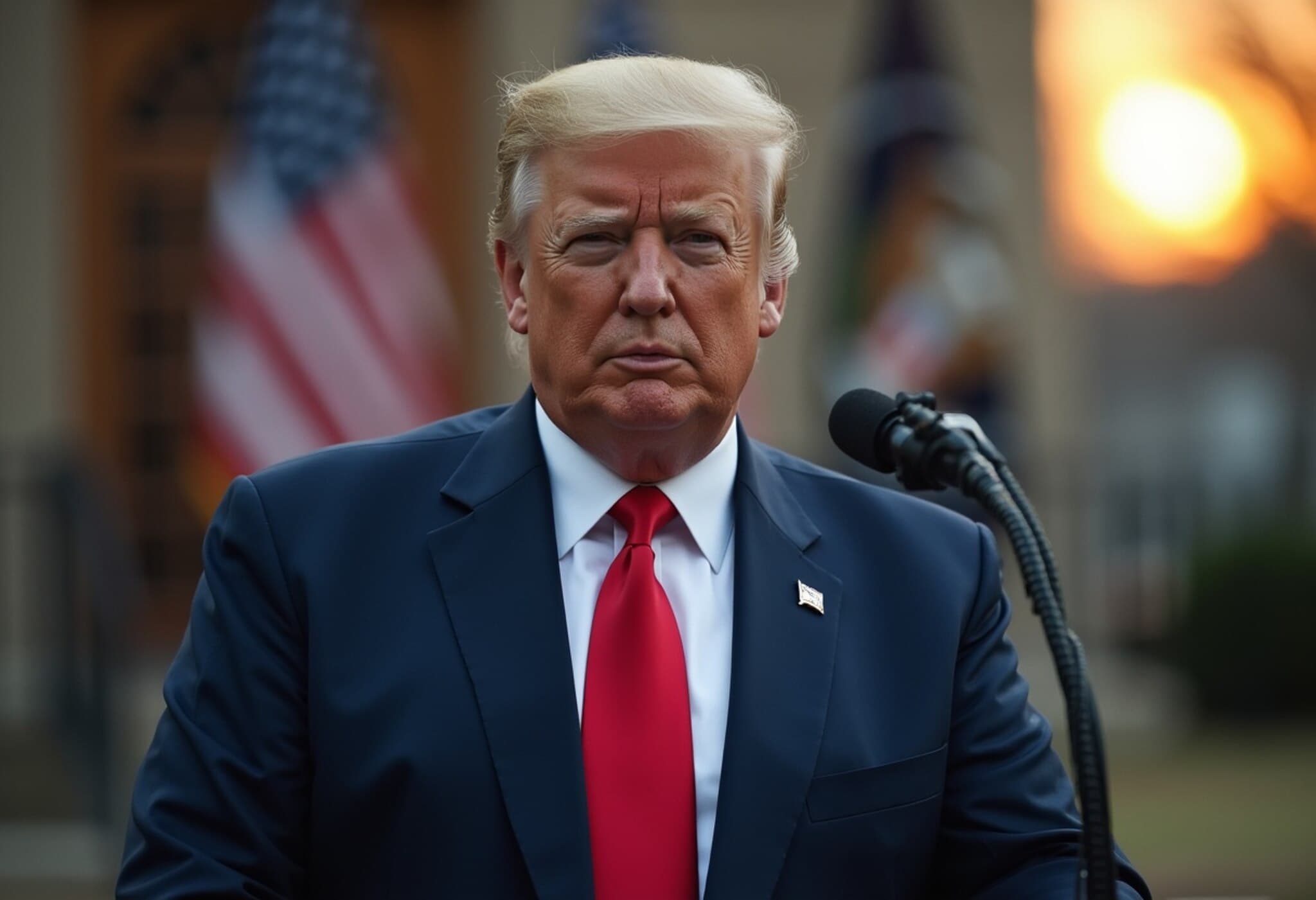Pakistan’s Foreign Minister Ishaq Dar Embarks on Pivotal Visit to Bangladesh
In a landmark diplomatic move signaling a thaw in relations between two historically tense neighbors, Pakistan’s Foreign Minister Ishaq Dar arrived in Dhaka on August 23, 2025. This marks the first high-level Pakistani visit to Bangladesh since 2012, underscoring newfound efforts to rebuild ties amid shifting geopolitical currents in South Asia.
Rekindling Diplomatic Ties After Decades of Diplomatic Freeze
Pakistan and Bangladesh, both Muslim-majority nations, share a fraught history stemming from the bloody 1971 Liberation War when East Pakistan emerged as independent Bangladesh. The conflict resulted in hundreds of thousands—if not millions—of casualties and left a deep scar that influenced diplomatic engagements for over five decades.
The current visit carries symbolic weight; Islamabad has called it a “significant milestone in Pakistan-Bangladesh relations”. It highlights mutual interest in broadening cooperation across sectors, an approach that contrasts sharply with the lingering distrust shaped by history.
Agenda Focused on Trade and Bilateral Agreements
During his visit, Ishaq Dar is slated to meet Bangladesh’s interim head of government, Nobel Peace Prize laureate Muhammad Yunus. A suite of agreements, particularly aimed at enhancing economic and trade linkages, is expected to be signed shortly. These accords aim to facilitate seamless sea trade that was reinitiated only last year, expanding government-to-government cooperation.
Further cementing this progress, Pakistan’s Commerce Minister, Jam Kamal Khan, held productive talks in Dhaka just days prior, agreeing to establish joint commissions dedicated to boosting trade and investment between the two countries.
Regional Context: India’s Watchful Eye and Changing Alliances
Amid these diplomatic strides, India remains a key actor observing the evolving dynamics with cautious interest. The background is complex.
- India engaged in a brief but intense border skirmish with Pakistan in May 2025.
- In August 2024, Bangladesh experienced a popular uprising that ousted long-standing Prime Minister Sheikh Hasina, who subsequently sought refuge in India. This event significantly cooled Dhaka-New Delhi relations.
- Historically, Bangladesh’s close ties with India acted as a buffer following its independence, but the interim government’s pivot towards Pakistan signals a notable shift in regional alliances.
Michael Kugelman, a respected US-based South Asia analyst, aptly summarized: “Bangladesh had been one of India’s closest partners in its neighborhood, and now it is flirting with India’s chief adversary.” This geopolitical recalibration introduces new complexities for the South Asian power balance.
Historical Shadows and Unresolved Grievances
The 1971 conflict still casts a long shadow. Pakistan’s military was implicated in widespread human rights abuses during the liberation war. Many Bangladeshis continue to demand a formal apology from Islamabad, a gesture yet to materialize.
Moreover, Dhaka’s allegations this month that India supports the now-banned Awami League party have heightened tensions, though New Delhi has firmly denied these accusations, emphasizing its non-interference policy in neighboring countries’ political affairs.
Military Diplomacy on the Rise
In a complementary development, top military commanders from Pakistan and Bangladesh met in Islamabad on August 22, signaling willingness to engage beyond the diplomatic sphere. These military dialogues may pave the way for confidence-building measures essential to regional stability.
Expert Perspectives: A Regional Rebalancing Act
Thomas Kean of the International Crisis Group points out the broader implications: “The ousting of Hasina was a strategic setback for India, and the improved relations between Bangladesh and Pakistan are a direct consequence of her removal.” This suggests the possibility of a reconfigured South Asian geopolitical environment rooted in domestic political transformations.
Looking Ahead: Challenges and Opportunities
While this visit and renewed engagements signal promising avenues for cooperation, several unresolved issues remain:
- Historical reconciliation: How will Pakistan address Bangladesh’s demands for an apology regarding 1971 atrocities?
- Domestic politics: How stable is Bangladesh’s interim government amid these shifting alliances?
- Regional security: Will improved Bangladesh-Pakistan ties contribute to peace or exacerbate tensions with India?
The answers will unfold in the coming months, underscoring the delicate dance of diplomacy in a region long marked by conflict and complexity.
Editor’s Note
Pakistan’s Ishaq Dar’s visit to Bangladesh opens a new chapter in South Asian diplomacy—one that reflects shifting allegiances and unfinished historical business. As Islamabad and Dhaka deepen cooperation amid regional uncertainties, observers must watch how these developments impact not only local economies but also the broader security landscape, particularly vis-à-vis India. This diplomatic thaw invites us to contemplate the power of political change within states to reshape international relations, while reminding us that true reconciliation remains a formidable task requiring honesty, empathy, and sustained commitment.

